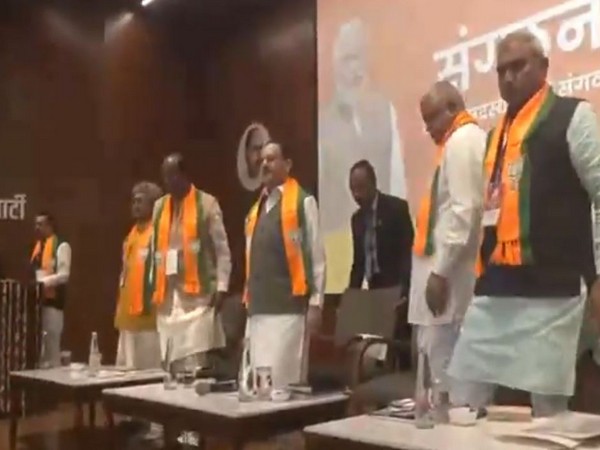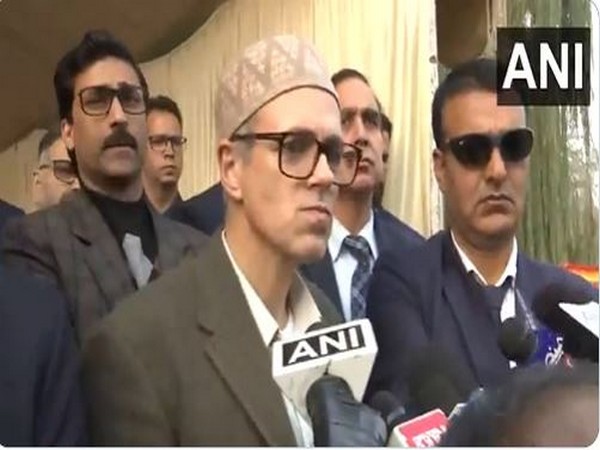Gujarat government had announced in the year 2022 that Shrimad Bhagwat Geeta will be taught in schools. Now Gujarat High Court has heard about this. The bench of Gujarat High Court Chief Justice Sunita Aggarwal and Justice Pranab Trivedi heard this case on November 21. The High Court said, the teachings of Bhagavad Gita are fundamentally moral, not religious.
In this case, the counsel for the petitioners argued that the National Education Policy says that the principles of all religions should be taught in the spirit of secularism and the state has no right to issue such a proposal. The court orally said that this initiative was only to implement the teachings. After hearing the case for some time, the court has listed the matter for next month.
What did the petitioner say?
The government had announced to make it mandatory for students of classes 6 to 12 to learn the values and principles of Geeta in school in the year 2022. Due to this, a Public Interest Litigation (PIL) was filed in the court. Petitioner organizations Jamiat Ulema-e-Hind Gujarat and Jamiat Ulema Welfare Trust had also filed an application to stay the proposal.
Senior counsel for the petitioner said, the National Education Policy says that the principles of all religions should be taught in school in the spirit of secularism and it cannot be based on religion. This education should be based on morality which is taught in all religions.
“This is not a religious document”
During the hearing, the bench orally said about Bhagavad Gita, it is a kind of moral science text. On this, the petitioner’s senior lawyer said that moral science is still neutral. The bench said, this initiative is only to present education. The Division Bench further said, this is our culture, it is not a religious document. The senior lawyer then argued that the principles of any religious book are not culture.
The court said on this, it is not religious, it is moral. It is part of our culture. Bhagavad Gita is only moral science. The court further said, see, there is no religious teaching in Bhagavad Gita. “Do your work and do not desire its results” This is a fundamental, fundamental moral principle. After this the court orally said that they do not see any urgency in this matter. That is why the court has listed this case.
What was the whole matter?
Under the new education policy in the schools of Gujarat in the year 2022, an announcement was made to teach Bhagavad Geeta in the schools. It was said that the principles of Bhagavad Gita would be taught in the courses from 6th to 12th class. Reading Geeta will be mandatory under the new education policy. The principles and values of Geeta will be explained to the students of class 6 to class 12.
After this, a public interest litigation was filed in the court regarding this. The petition said that the proposal violated Article 14 of the Constitution. It was said that inclusion of Bhagavad Gita in the school curriculum is clearly meant to impart religious education.





